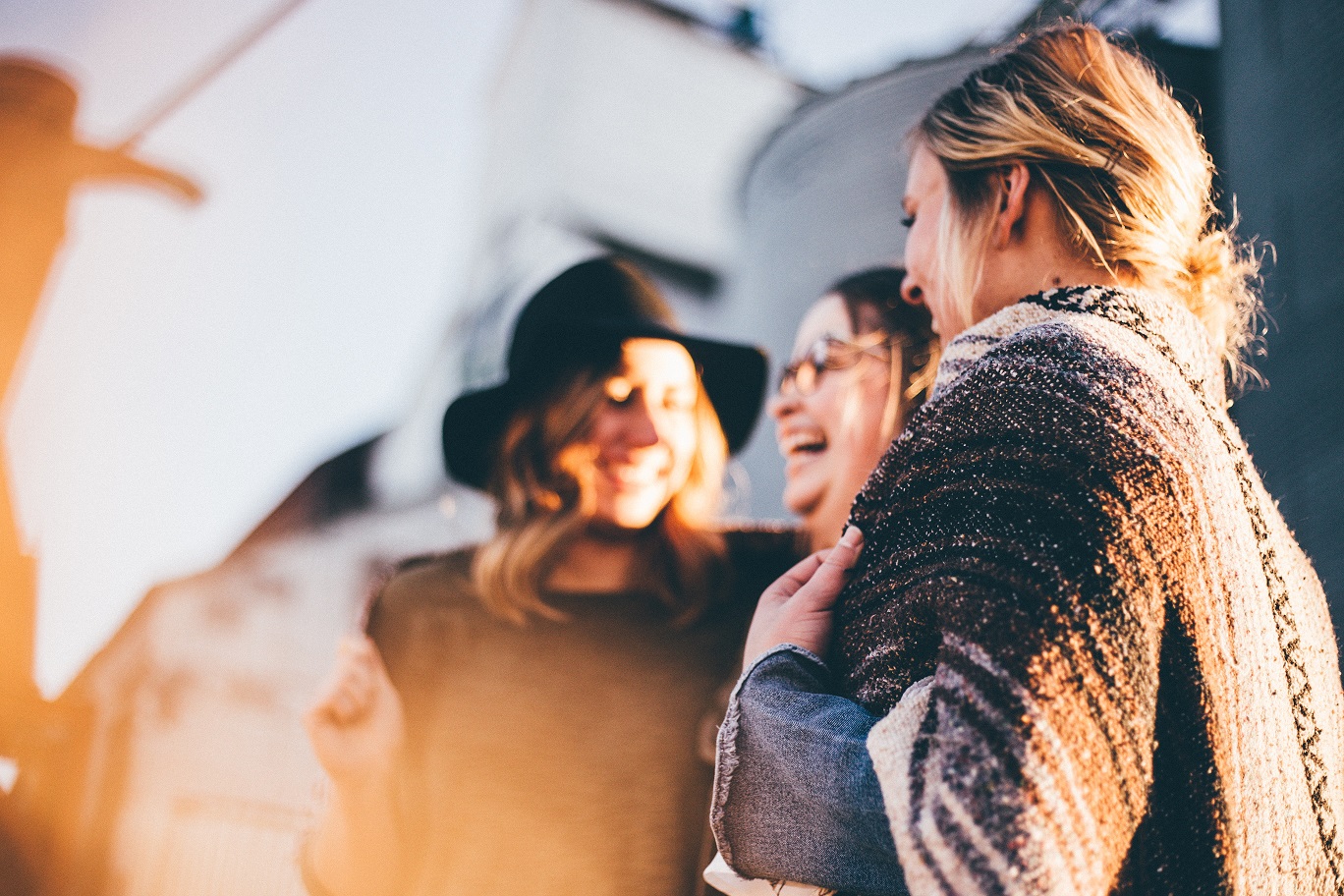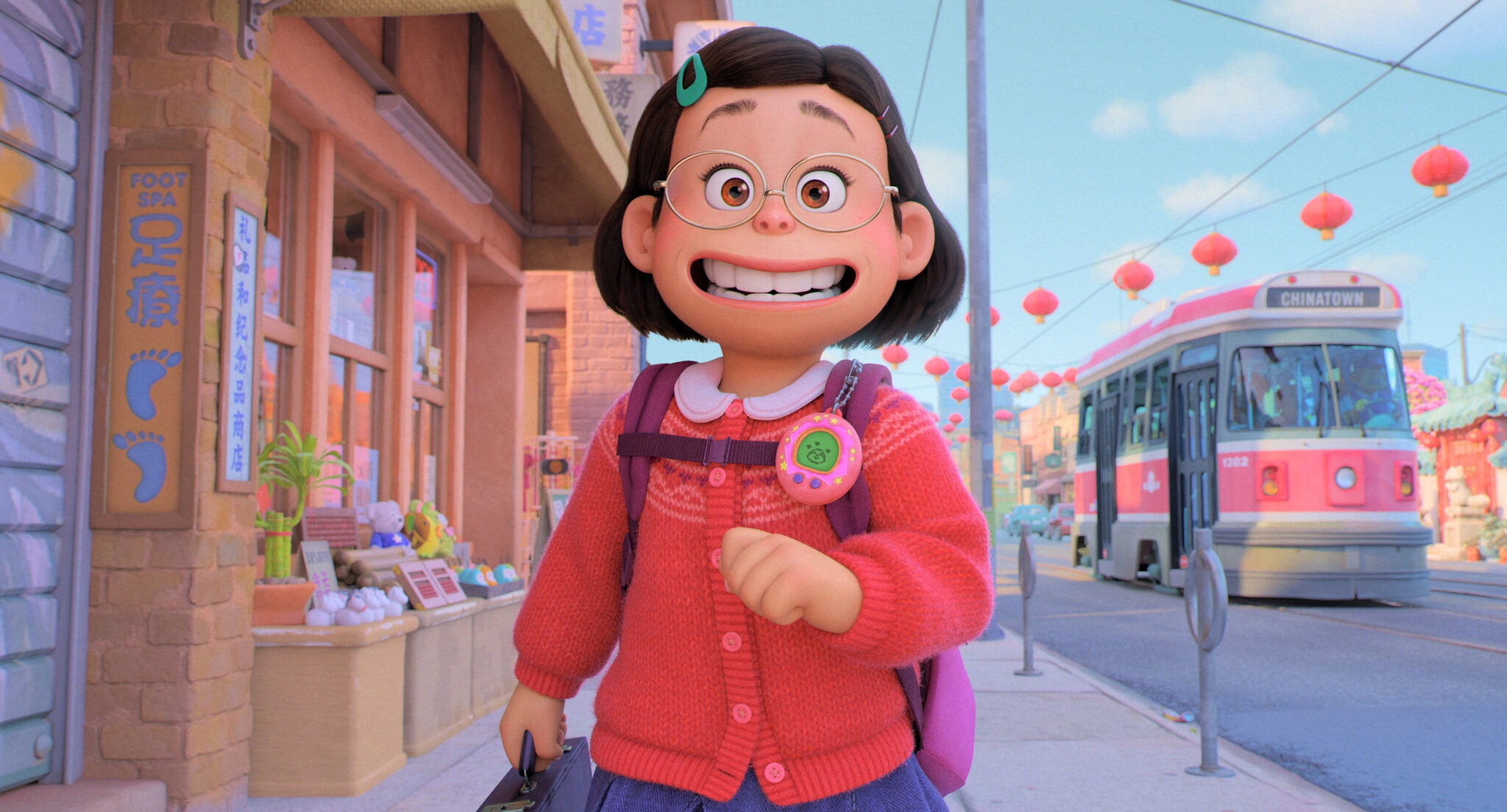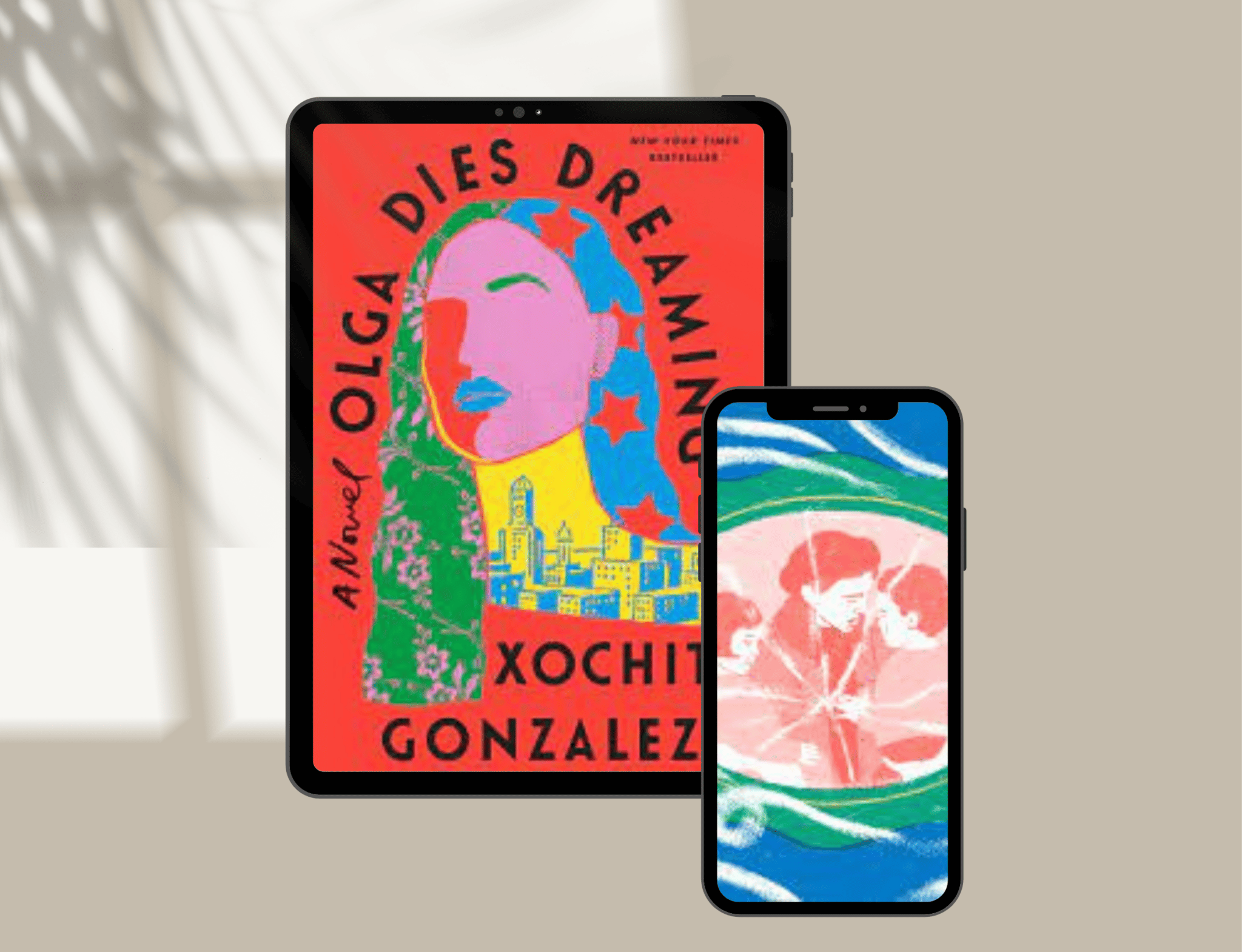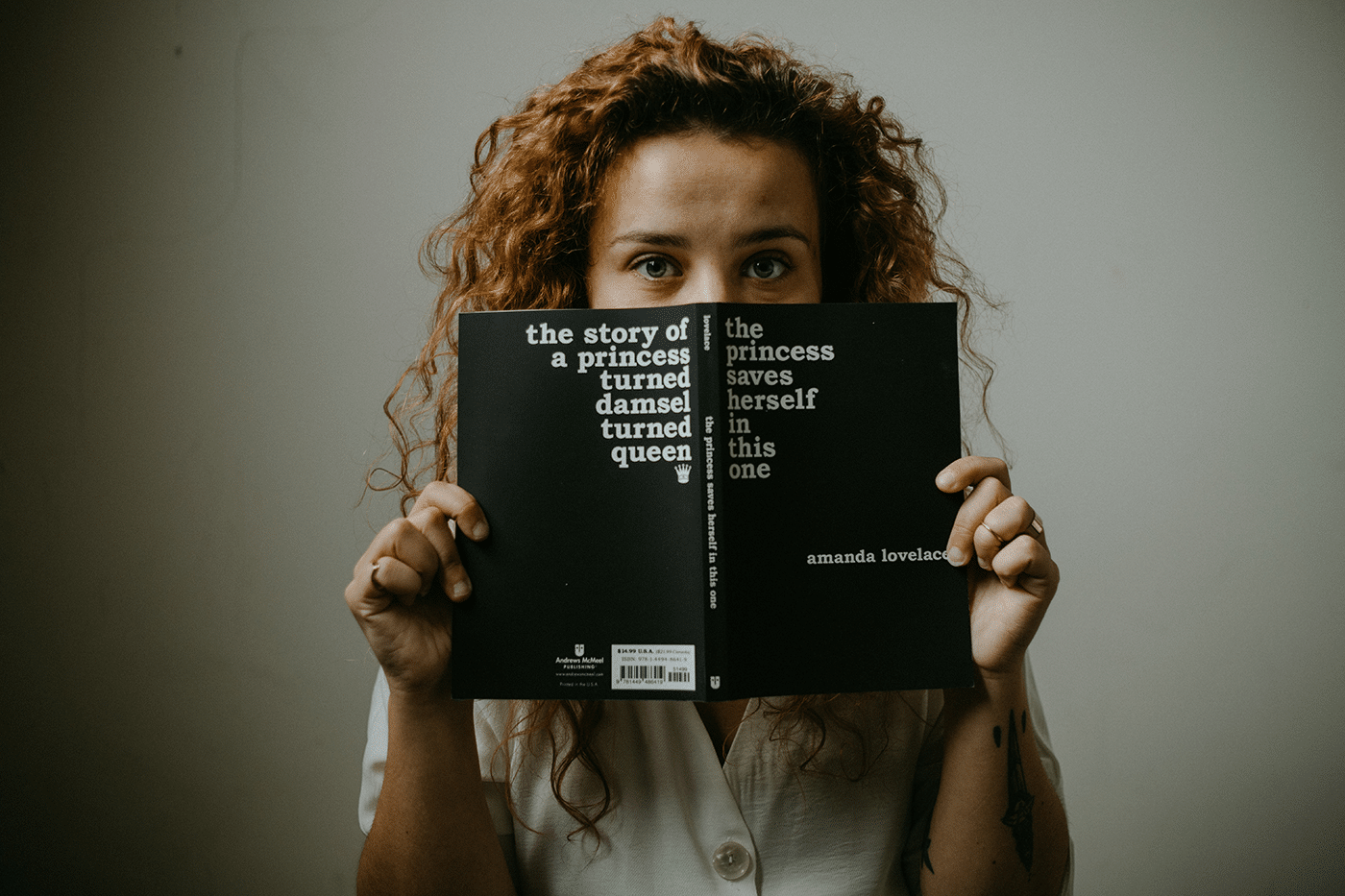
Last week ended with (in the famous words of one Carrie Bradshaw) the “ick heard around the world.” Rachel Hollis, an American influencer, author of Girl You Need to Wash Your Face and founder of Dallas based RISE conference, posted a Tik Tok that made the internet cringe. Rachel mentioned having a cleaning a lady in an Instagram Live, who she referred to “as the sweet woman who cleans my house and scrubs my toilets.” When she was called “unrelatable,” by a commenter she followed it up the next day with a response video that said this:
“What is it about me that made you think I want to be relatable?” No, sis, literally everything I do in my life is to live a life that most people can’t relate to. Most people won’t work this hard. Most people won’t get up at 4 a.m. Most people won’t fail publicly again and again just to reach the top of the mountain. Literally, every woman I admire in history was unrelatable. If my life is relatable to most people, I’m doing it wrong.” She then proceeded to caption her post: “Harriet Tubman, RBG, Marie Curie, Oprah Winfrey, Amelia Earhart, Frida Kahlo, Malala Yousafzai, Wu Zetian… all unrelatable AF.”
Girl, you’re not even trying to hide your Becky.
A lot is being said about Hollis since the viral video (which stayed on her feed despite thousands of comments telling her it was harmful). Yours truly did her own analysis of the issue on Instagram. Hundreds of activists, writers and influencers have given their hot takes, with analyses ranging from the condescending way Rachel talked about her cleaning lady, to the largely fallacious notion that hard work equates to financial success. As one Twitter user put it, “For most people, hard work means that your boss gets rich, and you get by.” And while these are all fair points and need to be addressed, there is one issue that is inextricably linked to the success of the Rachel Hollises of the world — and that is how intrinsic supremacy and colonization are to white businesses. And how women’s empowerment, which has become a capitalist commodity, rides on the backs of people of color for the liberation of white elites.
The past decade has seen the rise (pun intended) of the self-help influencer. Propelled almost exclusively by Instagram, these women have grown massive followings selling a lifestyle of self-care, wellness, freedom and empowerment through yoga, meditation, mantras, affirmations, and a whole slew of other appropriated practices and products. Often, these products are sold back to the people from whom they were appropriated in the first place at unaffordable prices.
Let’s take yoga as an example — this ancient discipline is now taught on almost every corner in North America. I’ve practiced yoga off and on in Toronto for over a decade. Last year I connected with an Indian yoga teacher over Zoom to get the “authentic,” experience. What I discovered was that while we were doing flows that I was familiar with, we were going deeper into the spiritual practice of yoga than I’d ever gone before. She encouraged me to read the Bhagavad Gita to supplement my practice so that I could develop understanding and respect for the mantras. She taught me that yoga is everything. It’s not just a workout, it’s how you carry yourself in the world, how you interact with people and the natural world. This was yoga like I’d never experienced it. And yet the yoga we are most familiar with involves lithe white women in expensive Lycra, doing handstands on a beach.
My point is not to say that Westerners shouldn’t practice yoga, but to illustrate how this single ancient discipline is repackaged and sold back to us, including the very people from whom it was co-opted. As a woman of Indian descent, yoga is my and millions of women’s birthright. Yet yoga retreats, immersions and teacher trainings in Bali and Costa Rica are sold by white influencers for thousands of dollars — a price steeper than what the average woman living in India makes in a year.
Recently, a lot has been said about intersectional feminism and how white women’s liberation comes at the expense of Black, Indigenous and women of color. Social media is rife with examples of white women’s fragility when BIPOC people take issue with harmful behavior, often turning into defensiveness or the need to be acknowledged for acts of solidarity for marginalized groups in the past.
Rachel Hollis wrote a book about waking up early (4 a.m. to be exact!), making your bed and staying hydrated. In her Instagram caption, she compared herself to Harriet Tubman who freed slaves, and Malala Yousafzai, a Pakistani activist who was shot by the Taliban for standing up for women’s rights. As if they are in the same ballpark of courage or impact. What conclusion are we to draw about what Hollis is telling us about her own perception of her contributions but that she thinks them equal to those of freedom fighters and abolitionists? What are we to take away from such a message other than that Hollis considers her brand of empowerment to be on par with those of women risking their lives, dignity, and freedoms for some of the most marginalized people in our society? Or is it simply that Hollis believes she has a right to Malala’s brand of feminism because they both broadly speak about the liberation of women — one by adopting a daily journaling habit and the other by demanding girls’ rights to education?
I’m not trying to diminish Rachel Hollis’s accomplishments, but simply to illustrate the sheer audacity with which white feminists continue to take from their colored sisters to build their brands. The impunity with which they appropriate our culture, practices and sacrifices for social media content, merchandise, and books, all the while codifying it in the language of sisterhood, empowerment, and a pair of $99.99 yoga pants.






